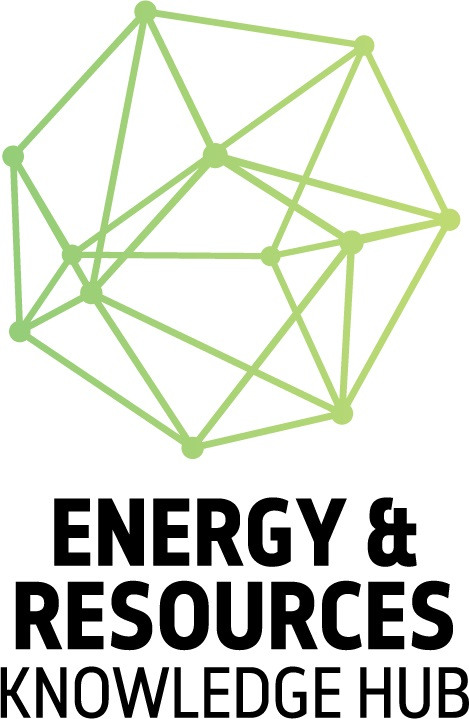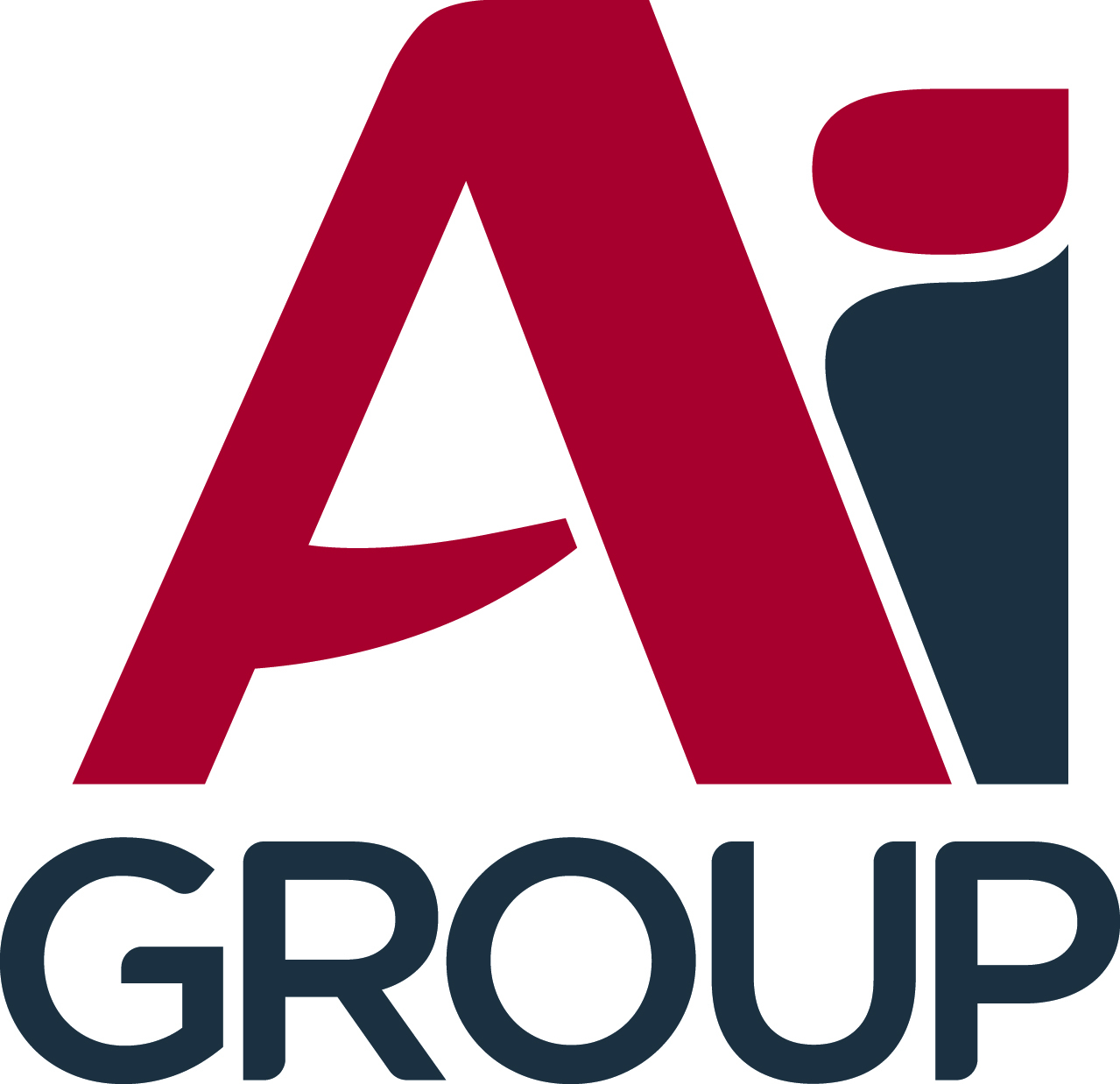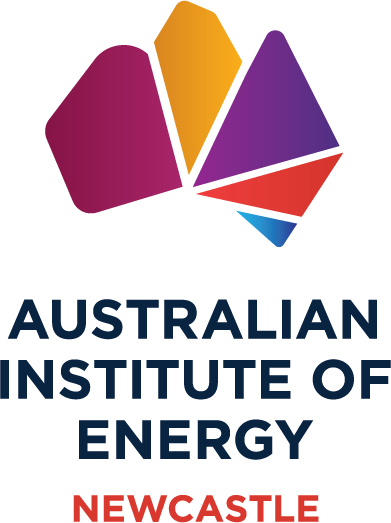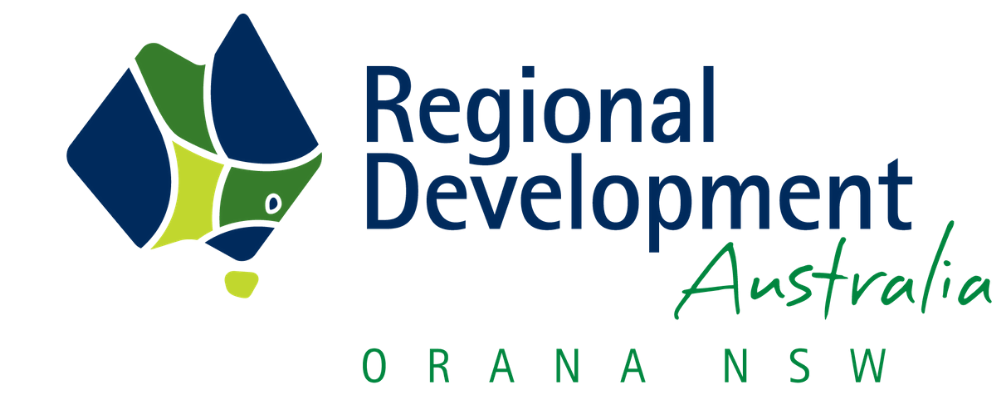Australian Hydrogen Centre plots pathway to a renewable hydrogen future
According to a new AHC report, renewable hydrogen, alongside biomethane, stands as a critical component in facilitating a seamless transition, fostering job creation, and presenting consumers with a sustainable, low-carbon energy alternative.
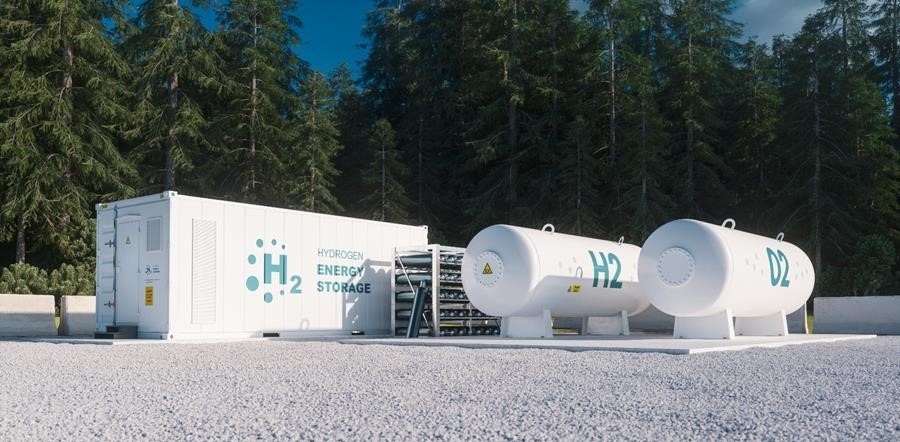
A recent study conducted by the Australian Hydrogen Centre has shed light on the significant potential of renewable hydrogen in steering Australia towards a cleaner energy future.
The study signifies collaboration between various stakeholders, including state governments and major energy network businesses, within the Australian Hydrogen Centre. This team effort is geared toward assessing the feasibility of transitioning existing natural gas distribution networks to produce, store, and transport renewable hydrogen.
The findings emphasize the pivotal role renewable hydrogen can play in Australia's clean energy landscape, particularly through leveraging existing gas distribution networks to deliver carbon-free gas to homes, businesses, and industries across the nation.
The study also highlights the readiness of current gas distribution networks to accommodate renewable hydrogen, with a significant portion already equipped to handle up to 100% renewable hydrogen. Minor incremental investments are anticipated to render all networks fully hydrogen-ready in the near future.
The research reveals the potential economic impact of transitioning to renewable hydrogen. It's projected that such a shift could generate a substantial number of jobs, both during the construction phase and in ongoing operations. Additionally, as the production cost of renewable hydrogen decreases over time, stable energy bills comparable to projections made in 2021 could be achievable.
However, the report also calls attention to the need for supportive policies to foster a sustainable investment ecosystem. Government initiatives are presented as crucial in enabling investments in renewable gas projects, thereby maximizing the carbon reduction and economic benefits stemming from hydrogen deployment.
The Australian Gas Infrastructure Group (AGIG), a key player in this initiative, aims to transition its gas distribution networks to 100% renewable gas by 2040, aligning with emissions reduction targets. AGIG has already made significant investments in renewable gas projects, including the establishment of Hydrogen Park South Australia, the country's largest operating electrolyser.
The research foregrounds the feasibility of generating renewable hydrogen from renewable electricity, offering a technically and economically viable pathway for the country's energy transition. It stresses the importance of policy support, economic viability, and job creation in making the transition to renewable hydrogen a reality.





